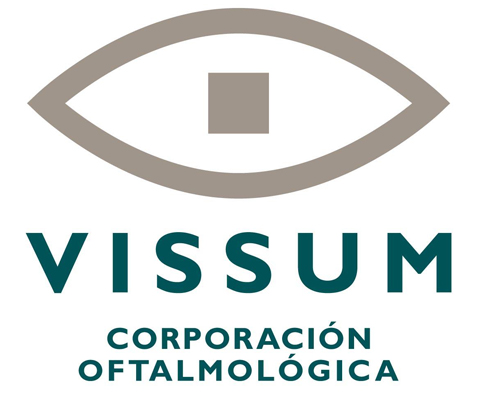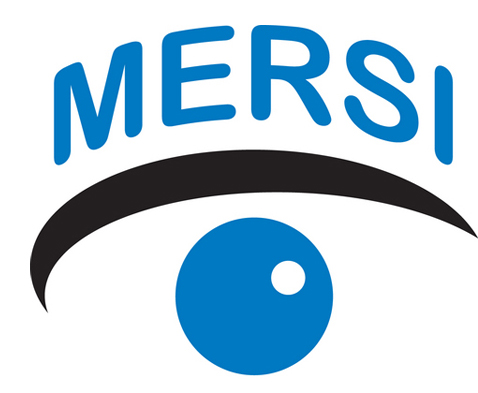REQUEST AN APPOINTMENT
TESTIMONIALS
What You Need to Know About Uveitis
With recent headlines and media attention surrounding the discovery of a residual strain of ebola virus in Dr. Ian Crozier, an American physician and ebola survivor also suffering from uveitis, it is important to understand the facts about what uveitis is, and how it can affect your vision and ocular health.
What is Uveitis?
Uveitis is the condition that causes inflammation of the uvea, the middle layer of tissue in the eye. It is most commonly found in adults between the ages of 20 – 50, but the condition can also affect children. The onset of uveitis is often acute (sudden and rapidly progressing). While many cases of the condition can develop without a clear cause or trigger, some of the most common potential causes or risk factors include:
- Infection (such as certain forms of syphilis, herpes, Lyme Disease, or West Nile Virus)
- Injury or trauma following eye surgery
- Autoimmune or inflammatory diseases such as Crohn’s disease or ankylosing spondylitis
When left untreated, uveitis can potentially lead to blindness, therefore, early detection and treatment from an experienced, board-certified ophthalmologist like the specialists at the Beverly Hills Medical Center Kuwait is essential in order to prevent serious complications.
What are the Signs and Symptoms of Uveitis?
The initial symptoms of uveitis are typically pain and redness in the eyes, and blurred vision. Uveitis symptoms usually develop and present very quickly, and can also include sensitivity to light, “floaters” (floating dark spots in the field of vision), and decreased vision. If you suddenly develop similar symptoms or suspect you may be suffering from uveitis, it is imperative to schedule an eye exam as soon as possible.
Different Forms of Uveitis
- Iritis (anterior uveitis) – The most common form of uveitis, this version affects the front part of the eye.
- Choroiditis and retinitis (posterior uveitis) – This form affects the back of the eye.
- Diffuse uveitis (panuveitis) – This version affects all layers of the eye.
- Uveitis Treatment Options
Seeking immediate treatment is the most important step when dealing with uveitis. The experienced ophthalmologists at Beverly Hills Medical Center Kuwait have several state of the art treatment options available for patients suffering from the various forms of the condition, including:
- Corticosteroid (anti-inflammatory medication)
- Cytotoxic medication
- Antibiotics
- Vitrectomy (surgery)
Contact An Expert Ophthalmologists at Beverly Hills Medical Center Kuwait Today!
If you would like more information on uveitis, or to schedule an appointment for a general eye exam or procedure like Femto-LASIK, call +(965)-222-89999 to schedule an appointment with a world renowned ophthalmologist, or schedule an appointment online.
Next, read more about 5 Benefits of Undergoing Cataract Surgery.
















